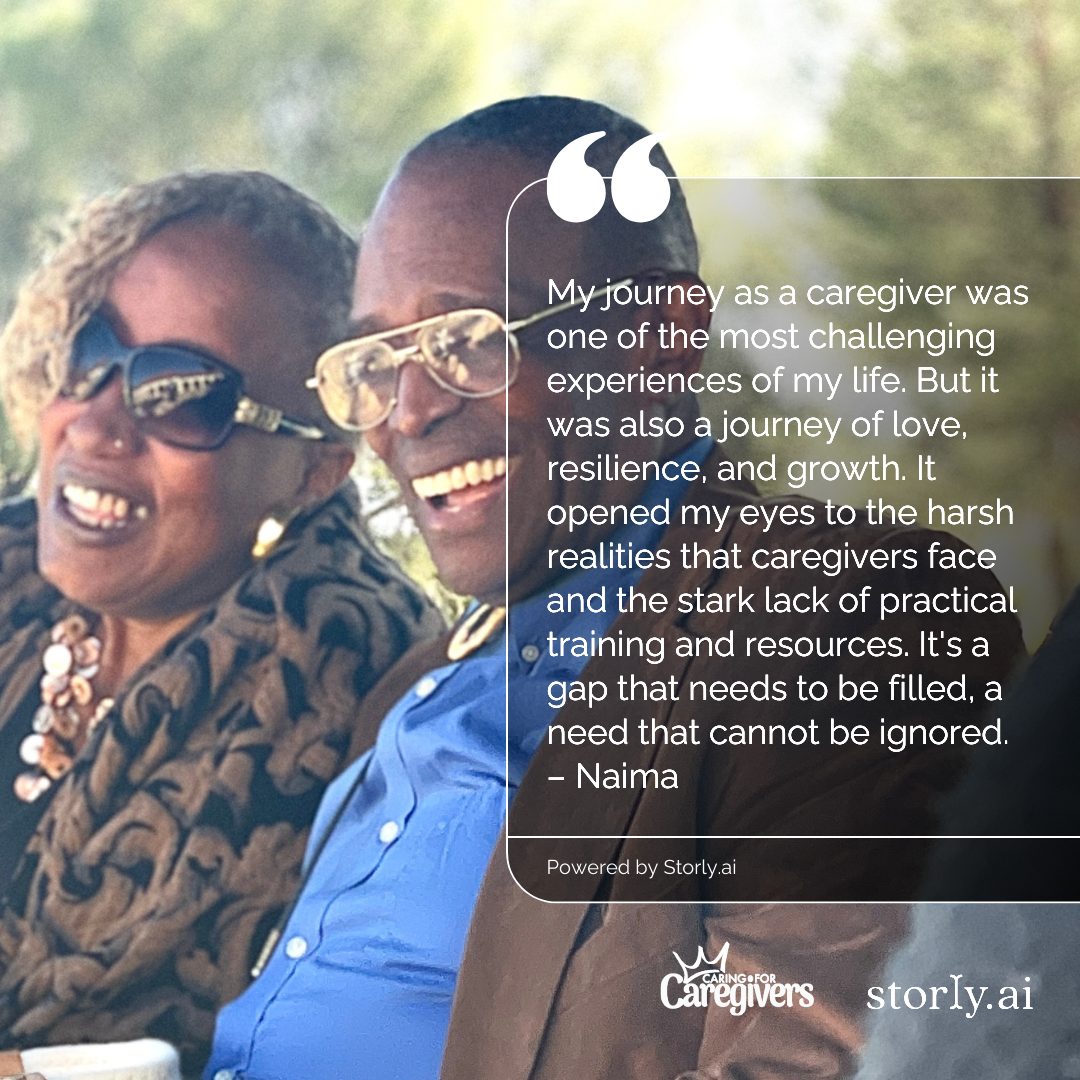Family Caregiving in the US: Current State and Future Outlook
Discover the evolving landscape of family caregiving in the United States and gain insights into the future outlook for non-professional caregivers.
The Growing Importance of Family Caregiving in the US
Family caregiving plays a crucial role in the United States healthcare system. With an aging population and increasing life expectancy, the demand for non-professional family caregivers has been steadily rising. These caregivers provide essential support to their loved ones, enabling them to age in place and maintain their independence.
The contributions made by family caregivers cannot be understated. They assist with activities of daily living, such as bathing, dressing, and meal preparation. They also provide emotional support and companionship, helping to improve the overall well-being of their care recipients. Without the dedication and commitment of these caregivers, the burden on the healthcare system would be significantly greater.
In recent years, there has been a growing recognition of the importance of family caregiving. Policymakers, healthcare professionals, and researchers are increasingly focusing on developing strategies to support and empower non-professional caregivers. By understanding the challenges they face and providing them with the necessary resources and assistance, we can ensure that family caregivers continue to play a vital role in our society.
Challenges Faced by Non-Professional Family Caregivers
While family caregiving is rewarding, it is not without its challenges. Non-professional caregivers often face physical, emotional, and financial strains that can impact their well-being. Many caregivers juggle multiple responsibilities, such as caring for children, managing a household, and holding a job, which can lead to feelings of overwhelm and burnout.
Additionally, caregiving can take a toll on the caregiver's mental health. Witnessing the decline of a loved one's health or dealing with the emotional stress of providing care can lead to anxiety, depression, and other mental health issues. Caregivers must have access to support systems, including counseling services and respite care, to help them cope with these challenges.
Financial strain is another significant challenge faced by non-professional family caregivers. Many caregivers provide care without receiving any financial compensation, which can result in increased financial burdens. They may have to reduce their working hours or quit their jobs altogether, leading to a loss of income and potential career opportunities. Addressing the financial challenges faced by caregivers is essential to ensure their well-being and enable them to continue providing quality care.
Emerging Trends in Family Caregiving
As the landscape of family caregiving evolves, new trends and innovations are emerging to support non-professional caregivers. Technology plays a significant role in facilitating caregiving tasks and providing remote monitoring capabilities. Caregivers can utilize smartphone apps to track medication schedules, monitor vital signs, and communicate with healthcare professionals.
Another emerging trend is the use of virtual support groups and online communities. These platforms provide caregivers with a space to connect, share experiences, and seek advice from others who are going through similar challenges. Virtual support groups offer convenience and accessibility, particularly for caregivers who may have limited time or face geographical barriers.
Furthermore, there is a growing recognition of the importance of caregiver self-care. Non-professional caregivers are encouraged to prioritize their well-being and seek support when needed. Respite care programs, which offer temporary relief for caregivers, are becoming more widely available. These programs allow caregivers to take breaks and recharge, reducing the risk of burnout and improving their overall quality of life. Learn More
Support and Resources for Family Caregivers
Recognizing the crucial role of non-professional family caregivers, various support and resources are available to help them navigate their caregiving journey. Caregiver support organizations offer information, education, and emotional support to caregivers. They provide resources such as helplines, online forums, and educational materials to empower caregivers with knowledge and skills.
Government programs, such as the National Family Caregiver Support Program, offer financial assistance and access to services like respite care and adult day programs. These programs aim to alleviate the financial burden on caregivers and provide them with opportunities to take breaks and recharge.
Healthcare providers also play a vital role in supporting family caregivers. They can offer guidance on caregiving techniques, provide referrals to support services, and collaborate with caregivers to develop care plans. By involving caregivers in the care team, healthcare providers can ensure continuity of care and improve patient outcomes.
Additionally, employers are increasingly recognizing the importance of supporting employee caregivers. Flexible work arrangements, employee assistance programs, and caregiver-friendly policies are being implemented to accommodate the needs of caregivers in the workforce.
Future Outlook for Non-Professional Family Caregivers
The future outlook for non-professional family caregivers is promising, as there is a growing awareness of their contributions and the challenges they face. Efforts are being made to develop policies that support caregivers, including paid family leave and increased access to affordable healthcare.
Advancements in technology will continue to enhance caregiving experiences, with the development of smart home devices, wearable health trackers, and telehealth services. These innovations will enable caregivers to monitor their loved ones' health remotely, access medical advice, and coordinate care more effectively.
Furthermore, research and advocacy initiatives are focused on improving the overall well-being of caregivers. By understanding the needs and experiences of caregivers, policymakers and healthcare professionals can develop targeted interventions and support systems to ensure caregivers receive the assistance they require.
In conclusion, family caregiving in the United States plays a crucial role in supporting the well-being of individuals in need. The landscape of family caregiving is evolving, with a growing recognition of its importance and the challenges faced by non-professional caregivers. By providing support, and resources, and implementing innovative training solutions, we can empower caregivers and ensure they continue to provide quality care to their loved ones.

Caring For Caregivers
Caring for Caregivers is a nonprofit organization providing essential resources and comprehensive training for Non-Professional Family Caregivers worldwide. We address the education needed for Short-Term and Long-Term Care while supporting Veterans and individuals with disabilities. Our mission is to empower caregivers in their noble role. Help support our Mission by donating today!



